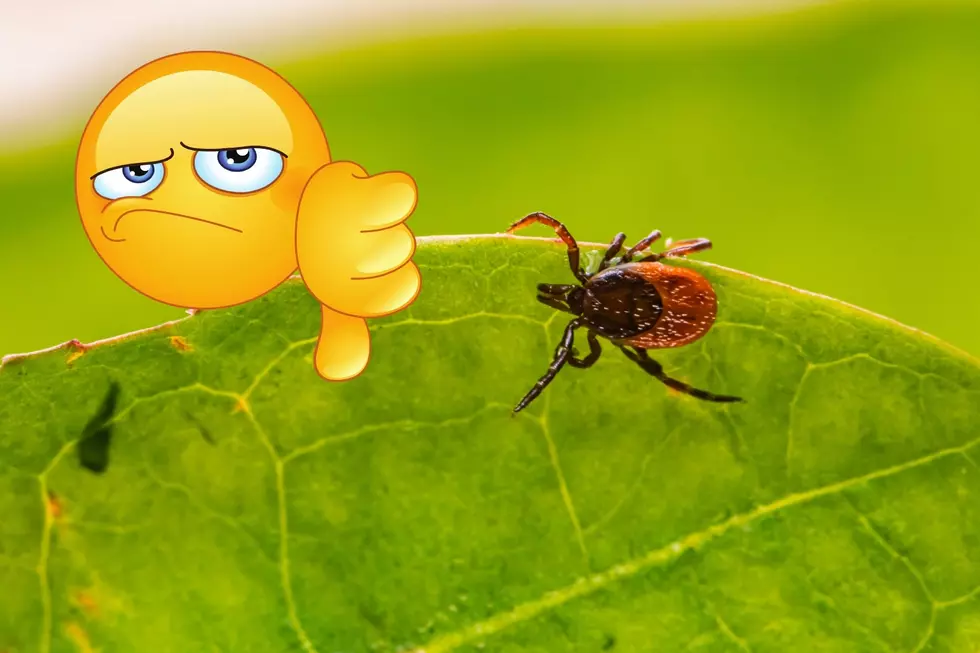Invasive Asian ‘Jumping Worm’ or ‘Crazy Worm’ Found in Michigan [Videos]
The invasive Asian worm goes by many names including: jumping worm, crazy worm, Alabama jumper, snake worm and amyntha.
Whatever you call it, we don't want it in Michigan.
The invasive worm is slowly being discovered across the Upper Midwest. Its effect on the environment could be significant. Nature.org says "the jumping worm could significantly alter habitats and decrease biodiversity."
Fox6Now.com says Wisconsin has seen growing reports of the worm since it was first discovered in 2013. It has now been found in 14 counties.
The worm has also been discovered in Michigan.
Sarah LeSage, the Aquatic Invasive Species Program Coordinator with the Michigan Department of Environmental Quality, tells us the worm was officially confirmed in southeast Michigan in October 2016.
Scott Tiegs, Ph.D., Associate Professor with the Department of Biological Sciences
at Oakland University, tested that sample which came from Jackson County. Tiegs tells us the worms are "widespread and ubiquitous in southeast Michigan, and probably elsewhere in the state."
Tiegs, along with Holly G. Greiner, first discovered the worms on the Oakland University Biological Preserve in 2008. Tiegs says, "since then I've found them in lots of other locations in southeast Michigan, especially in urban and suburban areas."
The Wisconsin DNR explains why the jumping worms are so harmful. The worms turn good soil bad which hurts plants and forests. They also "harm ornamental plantings and turf" in residential and urban areas.
In other words, the creepy worms are the stuff nightmares are made of, both environmentally and while trying to sleep at night.
Seth J. Herbst, Ph.D., a Fisheries Biologist and the Aquatic Invasive Species Coordinator with the Michigan Department of Natural Resources, says Michigan Department of Agriculture and Rural Development inspectors are watching for the worm.
Herbst also said, "We have had internal discussions about crazy worm for roughly a year. We are still trying to determine the threat level that this species poses to Michigan and if those threats justify management action to help prevent this species from entering Michigan (including prohibiting the species). The worm can potentially spread through bait, mulch and wood chips, and other nursery products. This is a species that is on our radar and a species that we don’t want in Michigan."
More From 97.9 WGRD









